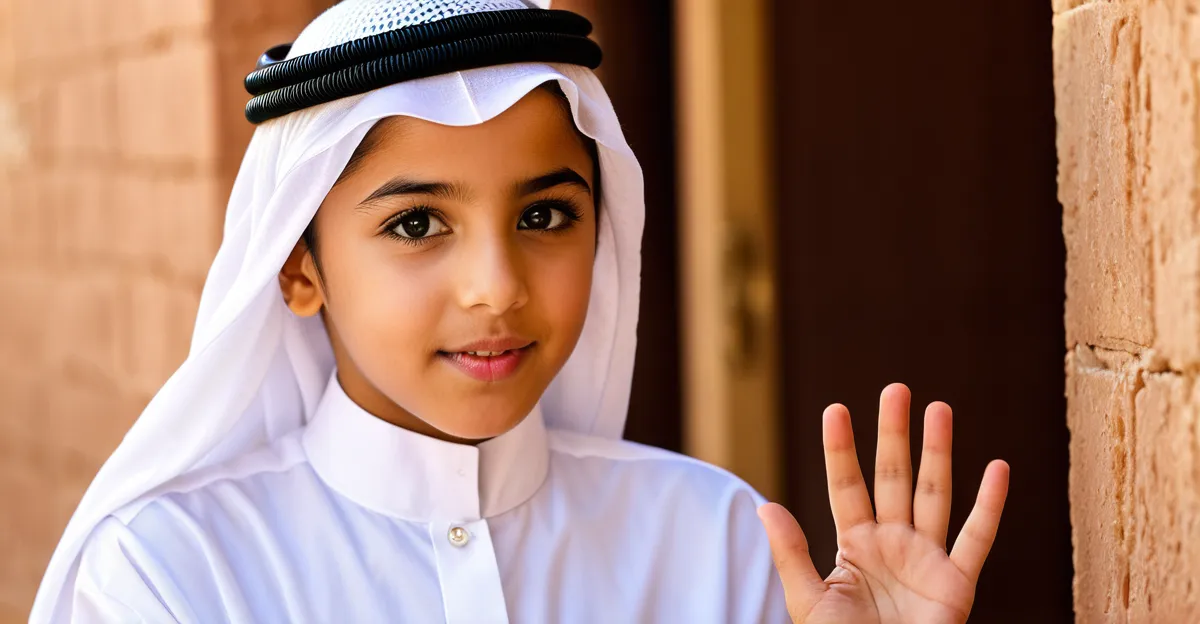Finding the right Arabic course for your child means choosing a program that balances fun and effective language learning. Arabee offers an interactive platform where children aged 3 to 12 develop listening, speaking, reading, and writing skills through games, songs, and videos. Designed by experts and certified for quality, it adapts to each learner’s pace, making Arabic accessible and enjoyable from the very start.
Comprehensive Arabic Language Programs for Children: Meeting Educational Needs and Expectations
Diverse Arabic Learning Options for Every Age
Choosing to enroll kids in Arabic courses unlocks a spectrum of solutions tailored for ages three to over ten. Award-winning platforms like arabee deliver interactive digital curricula, blending games, videos, and songs to boost early proficiency. Established clubs such as the Arabic Club for Kids (TACK) upgrade weekend and after-school learning, while dedicated online programs (e.g., at Al Kunuz) grant students access to private or group instruction at a pace that suits them. Each approach covers all core skills—listening, speaking, reading, and writing—and adapts to the learning stage of every child, whether engaging preschoolers with the Arabic alphabet or supporting teens with conversation and grammar.
In parallel : Understanding interest rates basics: your essential guide
Key Course Elements and Parental Assurance
Modern Arabic courses present flexible structures: options range from in-person weekend clubs to fully online classes and engaging apps. Programs emphasize progressive, self-paced learning, certificates aligned with recognized standards, and accessible enrolment—often with start-anytime policies. Parents can expect immersive methods, trusted teacher credentials, motivational rewards, and ongoing progress tracking, supporting children as they confidently advance in Arabic.
Curriculum Design, Teaching Approach, and Child Engagement
Progressive syllabuses in Arabic learning programs for children ages 3-10 ensure each stage builds on the last. Curricula frequently start with the Arabic alphabet for children, moving gradually through Arabic vocabulary for young learners and basic grammar, before shifting to more complex reading and conversational skills. This self-paced structure adapts to diverse abilities, letting students master new concepts without pressure and maintain steady progress.
This might interest you : What Are the Key Challenges Facing the UK in Today’s Global Arena?
Interactive and gamified lessons are central to effective Arabic instruction. Many courses mix digital books, catchy songs, animated videos, and creative activities to appeal to various learning preferences. Children engage in Arabic speaking practice for kids, interactive Arabic learning games, and digital worksheets, making language acquisition lively and memorable. Frequent use of song and play, especially for beginners, boosts pronunciation skills and confidence.
Motivation strategies like achievement badges, leaderboards, and tangible rewards keep children invested. Some platforms also highlight progress through regular feedback and personal achievements. Engaging material paired with consistent encouragement helps sustain interest, empowering children to embrace challenges and celebrate their growth in Arabic skills.
Supportive Features, Specialisation, and Value for Families
Certified, experienced teachers and research-driven approaches
Arabic courses for children rely on certified tutors with robust backgrounds in education and linguistics. These educators deliver lessons based on research-backed methodologies, emphasizing playful engagement over rote memorization. Teaching teams often undergo continual training, ensuring that instruction is anchored in the latest childhood language acquisition research. By centering on autonomy and motivation, such approaches foster a supportive and stimulating environment ideally suited to young learners and their families.
Immersive learning: classical Arabic, dialect exposure, Quran courses, and cultural content
Immersive Arabic programs for children offer a comprehensive curriculum: literary Arabic, dialectal variations, Quran reading, and cultural storytelling. The content adapts as students progress, utilizing stories, interactive games, and songs to build vocabulary and grammar skills naturally. Programs like those at Al Kunuz employ immersion, focusing on the student’s individual progress, with qualified tutors adapting lessons to every child’s pace.
Subscription plans, reporting tools, and parent resources: facilitating at-home support and monitoring
Personalization continues beyond lessons. Families benefit from flexible subscription models and accessible progress reports. Such reporting tools empower parents—even non-Arabic speakers—to track achievements and engage in their child’s journey, while resources like worksheets, digital books, and manuals make at-home reinforcement both practical and enjoyable.









